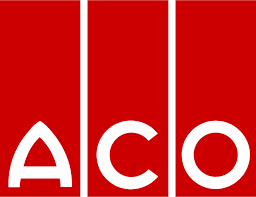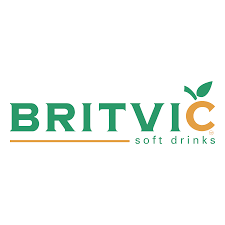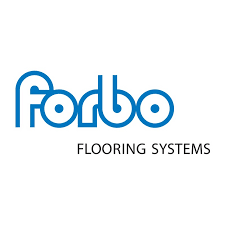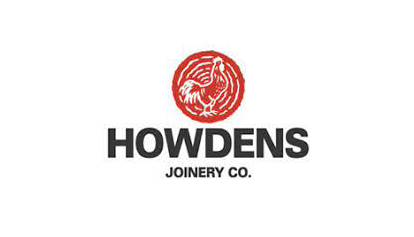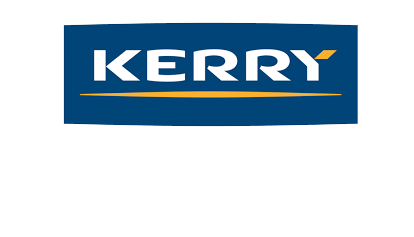
- Details
- Category: Blog
Even in highly data driven organisations, leaders still need to make judgement calls when taking medium to long term decisions.
In that situation, assumptions are used to join the dots between what is known and what is needed to be known. This is a completely valid part of the management process. Often data isn't available or there just isn't the time to consider every option in detail before deciding on next steps.
Unfortunately, behavioural research highlights how, left to our own devices, humans have a preference for the status quo. That means we have a natural tendency to live with problems as long as they are not too painful.
For example the causes of Idling and minor stops are easily overlooked because production plans are based on demonstrated capability and as long as the plan is achieved, there is little pressure to do more.
Each stop reduces capacity, adds to energy costs and increases the risk of human error and quality defects.
By comparison, leading organisations have mean time between intervention measured in hours if not shifts.
In addition to freeing up time, that extends component life, improves material yield, reduces quality defects and saves energy. That also improves process resilience and the ability to flex output to match customer demand.
The gains are therefore significant but delivering them requires leaders to challenge the assumptions which drive day to day management decision making.
Only when there is sufficient pressure for change will the organisation engage with improving work routines and raising capabilities to sustain stable operation with less effort. That pressure and the vision to deliver the full potential is what characterises industry leading performers.
What Leaders need to challenge
Acceptance of current standards is a common pitfall characterised by behaviours such as:
- Frequent finger pointing when things go wrong.
- Personnel ignore problems that they don't consider to be part of their role.
- Front Line Leaders encouraged to work around problems that don't directly impact on output.
This behaviour can be so ingrained that even intelligent, capable managers become conditioned to believe that it has to be that way.
For example, in a working session with the senior team of a global engine manufacturer. The shift managers did not want to release areas of the plant because it would stop production until the MD pointed out that the plant in question stopped all the time due to breakdowns so why not stop it now to prevent it stopping in the future. Once the obvious truth of this was spoken, resistance softened and the plant was released.
At the start of the above "plan the plan" session, the outlook of the management team were not aligned. This locked the management team into living with the current reality because of a lack of collective will to fix the problem. An unproductive yet compelling way of working (JFDI).
The importance of aligning leadership outlooks as part of the improvement process was confirmed by Shingo institute research into the conditions that have the greatest positive impact on improvement.
The conclusions of their research was that if a leader or manager of a manufacturing/production facility want to improve performance, they need to engage all levels with improvement as part of the day job until it becomes second nature.
The Leadership challenge here is to:
- Align area cross functional priorities to focus on end to end process flows
- Establish cross functional ownership of front line processes to capture and share knowledge
- Transition the daily management process from:
- Managing the past (fix what's broke)
- To Managing the future (the improvement glide path)
How DAK Academy Can Help
Follow this link to find out how to systematically eliminate short stops and move beyond zero breakdowns towards industry leading levels of performance.

